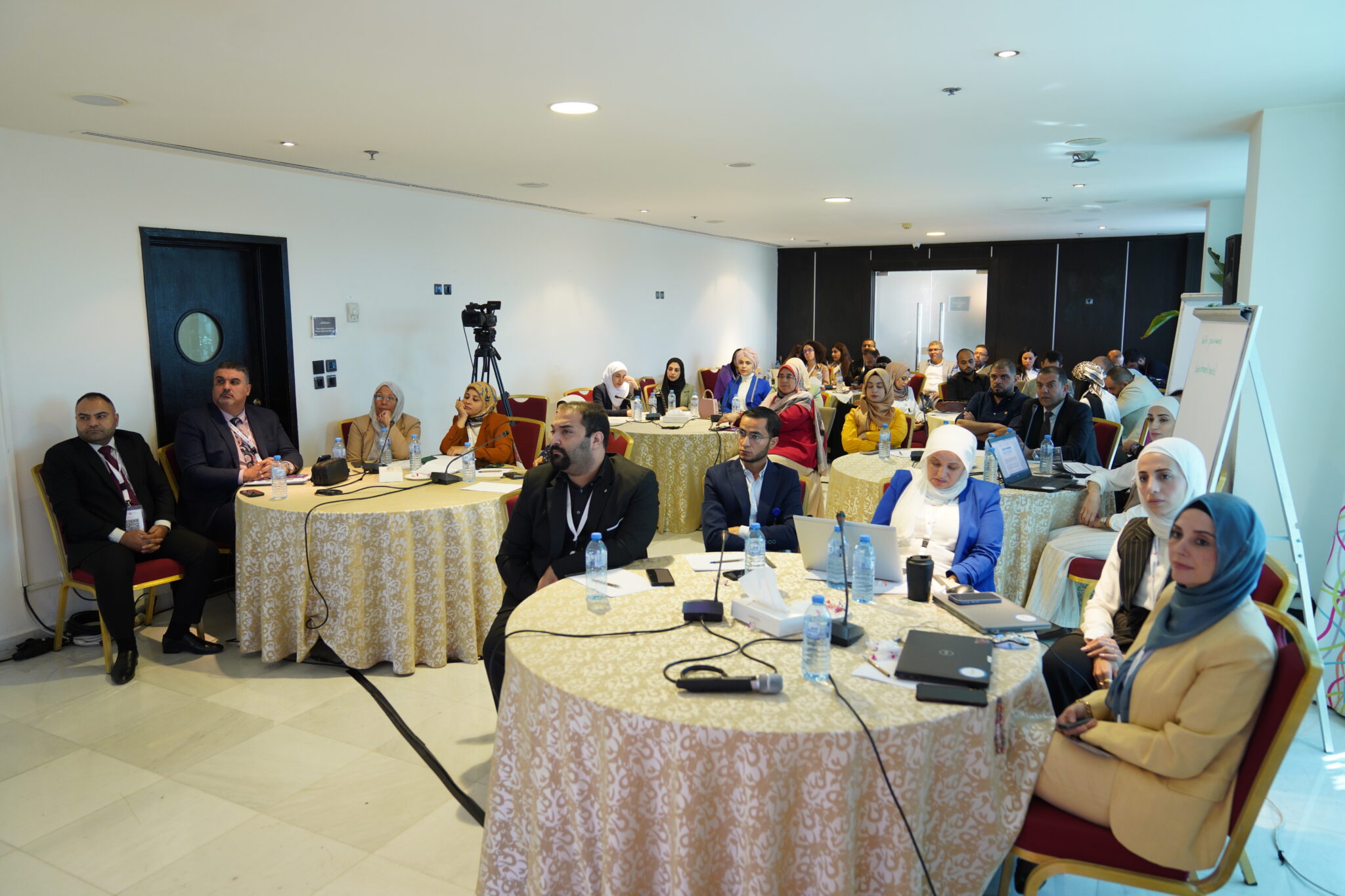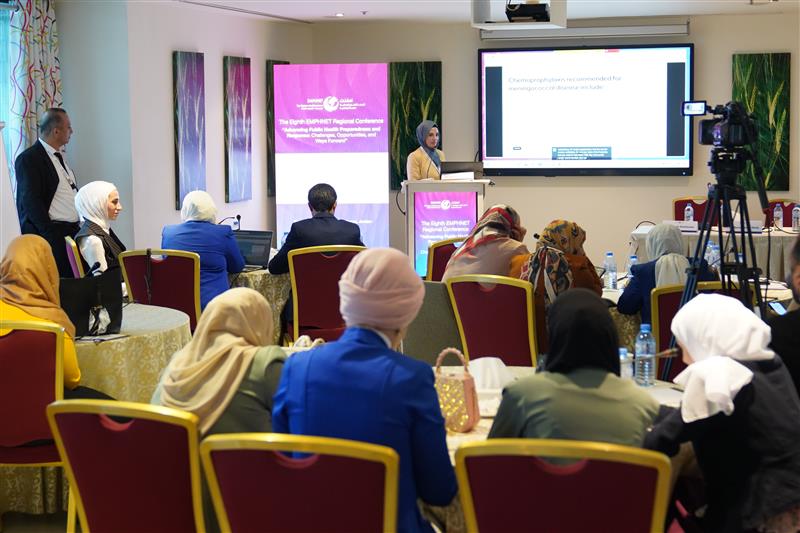At the Eighth EMPHNET Regional Conference, the Meningitis and Septicemia Mapping Network (MenMap) hosted a workshop titled “MenMap in the Region: Advancing Meningitis Surveillance and Laboratory Capacities.” The workshop, held on September 15, 2024, brought together global experts to discuss innovations in meningitis diagnostics and surveillance, with a key focus on strengthening regional laboratory capacities and meeting the WHO’s goal of “Defeating Meningitis by 2030.”
Participants discussed the importance of adopting advanced diagnostic tools, such as real-time polymerase chain reaction (PCR) testing, to improve detection of invasive bacterial infections (IBIs). A critical outcome of the workshop was the need to enhance meningitis surveillance through better laboratory diagnostics and targeted training for health workers to bolster early detection and response.
Keynote speakers, including Chair of the MenMap Scientific Committee and Chief Scientist at the Norwegian Institute of Public Health, Norway, Prof. Dominique Caugant; Chair of the MenMap Steering Committee and Consultant Clinical Scientist at the UK Health Security Agency, Prof. Ray Borrow; and Co-Chair of the Scientific Committee and Head of the Invasive Bacterial Infections Unit at the Institut Pasteur in France, Prof. Muhamed-Kheir Taha, delivered insightful presentations on global meningitis surveillance, vaccine strategies, and the use of genomic tools to enhance bacterial strain detection and response capabilities.
As part of the feedback from participants on the workshop, Director of the Central Public Health Laboratory (CPHL) in Iraq, Dr. Hussein Alwan Hasan expressed his enthusiasm for the workshop’s collaborative environment:
“I am very pleased to participate in this workshop, especially as it includes a distinguished group of experts who possess a wealth of valuable knowledge. Sharing information in this context is crucial, particularly regarding bacterial diagnostics, with a focus on meningitis bacteria. Although diagnostic methods are similar across countries, each has its own approaches and procedures. In Iraq, the CPHL is dedicated to this knowledge, and continuous learning is the key to the future. I am very eager to learn from the experiences of other countries. We hope to participate in more workshops like this because knowledge is the most important tool in developing our capabilities, whether in our own country or neighboring ones.”
The MenMap workshop concluded with a call for continued collaboration between countries, emphasizing the need for regional networks to share data and expertise in combating meningitis.
Check out the full report here.




